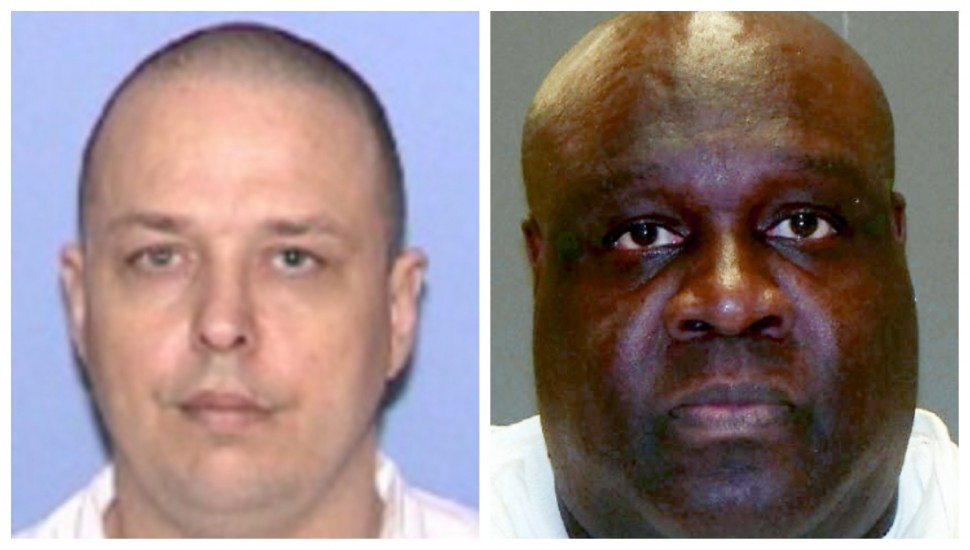
Texas is set to execute two death row inmates next month -- Garcia Glen White is scheduled for execution on October 17, while Robert Leslie Roberson III is slated for October 1.
Garcia Glen White:
Garcia Glen White, 51, was convicted of the 1989 murders of Bonita Edwards and her twin daughters, Annette and Bernette. White, who was smoking crack cocaine at Edwards' home, allegedly stabbed her during an argument and then fatally attacked the 16-year-old twins when they attempted to intervene on behalf of their mother.
The case remained unsolved for six years until White was linked to the crime during a robbery investigation, according to the Houston Chronicle.
He confessed to the killings after police interrogated him, later admitting he acted alone after initially blaming an accomplice.
Garcia Glen White, 57, has pursued numerous appeals since his 1996 conviction.
His initial direct appeal was denied in 1998, followed by a rejected state habeas corpus petition in 2001. White went on to file multiple habeas petitions challenging his confession and the DNA evidence against him, according to the Texas Attorney General.
In 2009, he sought federal habeas relief, citing mental health issues and a flawed investigation, but federal courts denied his claims. His appeals to the U.S. Supreme Court also proved unsuccessful; however, a temporary stay of execution in 2015 allowed way for a review of new DNA evidence.
The efforts brought about by White and his legal team did not result in any changes as his execution is now is scheduled to move forth.
Robert Leslie Roberson III:
Roberson was convicted in 2002 for the murder of his 2-year-old daughter, Kaylene Harris. Severe physical abuse inflicted by Roberson led to the toddler's death.
The inmate was allegedly attempting to committ aggravated sexual assault on the victim.
Following his conviction, Roberson's numerous appeals have been unsuccessful.
However, five days before he was scheduled to be put to death in 2016, Roberson III won a reprieve from the Texas Court of Criminal Appeals.
The new petition noted the "sea change" that occurred in how medical science viewed shaken baby cases, and cast significant doubt that a child could die of being shaken without any evidence of neck injury, as reported by Injustice Watch.
He and his legal team have challenged the case-- citing several concerns, including claims of inadequate legal representation, procedural errors and inaccurate scientific findings brough forth by the prosecution.
His appeals have been denied at both state and federal levels.




